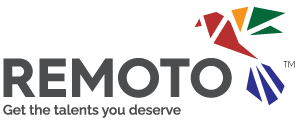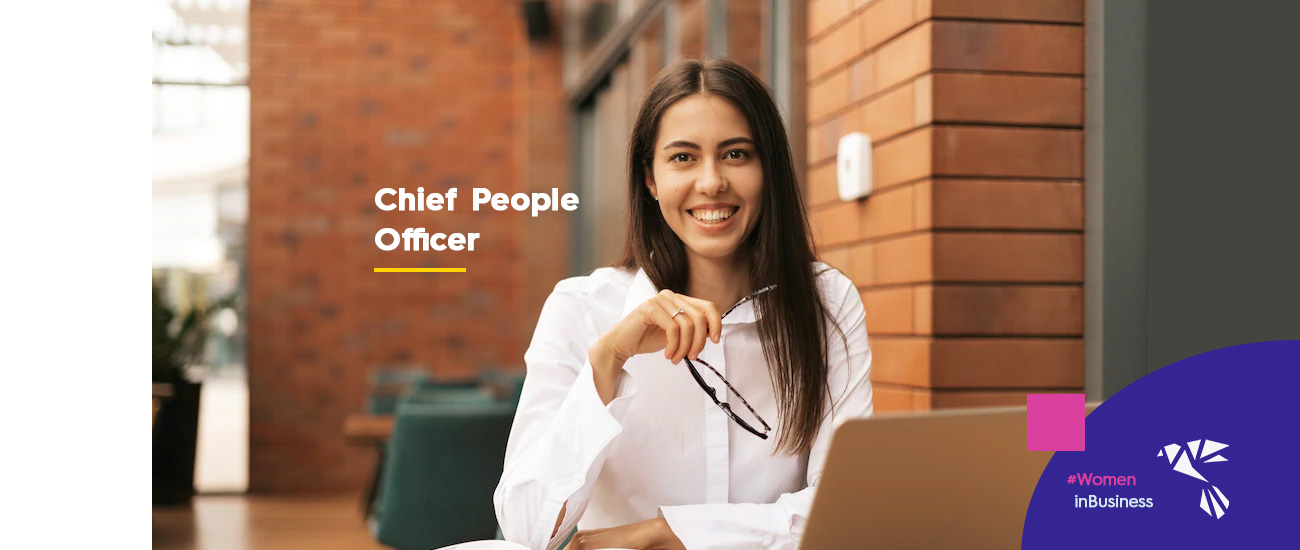On June 16, Indeed announced that Priscilla Koranteng would join the company to fill the Chief People Officer (CPO) position. In this role, Koranteng will oversee the functions of everyone who works for Indeed, including human resource management, recruiting processes, and financial aid for small businesses.
In this blog post, you will learn what the responsibilities of a CPO are and the primary responsibilities of the person who occupies this position. Also, you will learn the necessary qualifications for this role and the challenges and opportunities of being a CPO.
What Does the CPO Role Entail and What Are Its Responsibilities?
Typically, a CPO oversees all aspects of human resources within an organization, ensuring that the company complies with employment laws and regulations and that employees are treated fairly.
Also, the CPO provides creative solutions to crucial issues related to HR management and advises on how to develop policies and procedures for employees.
In addition, the CPO is responsible for managing recruitment, including sourcing candidates and hiring procedures, onboarding, and training initiatives for new employees. Therefore, the CPO is, in a strict sense, the head of an HR department in a given company and helps it to thrive.
In this video, you will learn more about the role of a CPO.
What Qualifications Are Necessary For Being a CPO?
To succeed in this role, a CPO must have strong interpersonal and communication skills and a deep understanding of HR best practices.
They must also be highly organized and detail-oriented, with the ability to handle multiple projects simultaneously. Also, the CPO must have a mindset oriented to achieving a company’s overall growth.
For being a CPO, a degree or solid knowledge of human resources, management, businesses, and finance are required. In addition, it would be necessary to have experience in management roles related to human resources or focused on an executive level.
What Challenges and Opportunities Comes with Being a CPO in today’s business world?
Any chief officer of people faces a variety of challenges, both internally and externally. Internally, they must ensure that their team is cohesive and productive, while also maintaining their own performance standards.
They must also deal with the day-to-day challenges of managing people, such as conflict resolution and performance management. Externally, they must be able to build relationships with other teams and departments, as well as create a positive public image for their organization.
In addition, they must be able to adapt to changes in the marketplace and respond to customer needs. These are just some of the challenges that a chief officer of people faces on a daily basis.
Moreover, the CPOs will be under social pressure to ensure diversity, end modern slavery, and guarantee the human rights of all workers. In addition, global environmental demands will put another pressure on the CPOs, who have to face the challenge of creating sustainable and earth-friendly HR approaches. In this case, fostering remote work will be undoubtedly relevant.
Finally, McKinsey & Company has affirmed that other challenges that the CPOs must face are disruptive events, such as the evolution of the COVID-19 pandemic and its impact on HR management, geopolitical risks associated with war and armed conflicts and cost pressures. Therefore, procurement will be essential in success amid these events.







